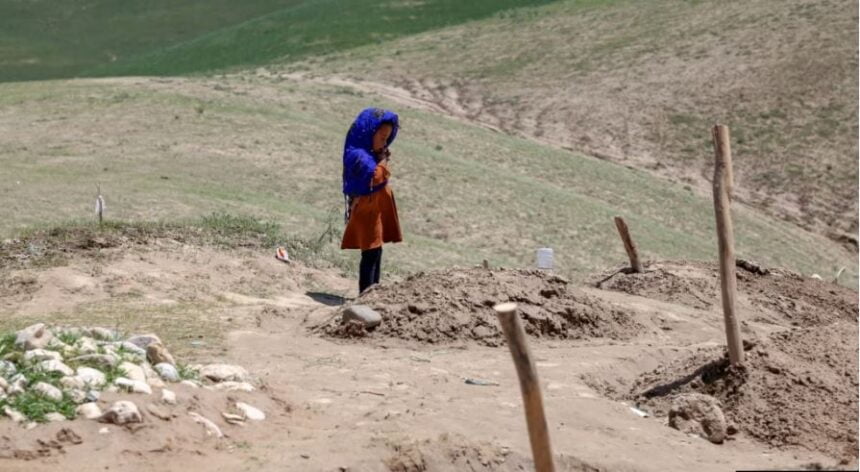Concerns Over Climate Change’s Impact on Afghan Children The international organization Save the Children expressed severe concerns about the impact of climate change on Afghan children, particularly due to recent floods. In a report released on Monday, May 20th, the organization highlighted the severe consequences of climate change, underscoring the frequency and intensity of floods affecting the country.
According to Save the Children, Afghanistan has experienced flooding twice in one week, revealing the serious risks posed to children by climate change. The organization reported that in the provinces of Baghlan, Ghor, and Faryab alone, floods had claimed the lives of 410 people, including many children.
The floods destroyed 3,100 homes in Baghlan province, and the organization warned that casualty and damage figures are likely to change. Arshad Malik, the head of Save the Children’s Afghanistan branch, emphasized the grave threat that climate change events pose to 70% of Afghan children, as these events destroy essential sources of income, including agricultural lands and livestock.
Malik expressed concern over the persistent droughts and severe floods in Afghanistan, urging the international community to collaborate with Afghans in combating natural disasters.
Meanwhile, flood-affected individuals have shared their experiences, highlighting the devastating impact on children. Abdul Qadir, a resident of Fulul village in Baghlan’s Burka district, recounted the loss of two children in his family to the recent floods. “One was my brother, about 4 or 5 years old, and the other was my nephew, also around 4 or 5, both swept away by the floodwaters,” he said.
Others have reported poor health conditions among survivors. Mohammad Anwar from Ghor province described his family’s plight: “Three children, my sister-in-law, and my brother were affected. The five-member family is in poor condition except for one child, about one and a half to two years old, who is somewhat better, but the others have suffered injuries.”
The Taliban has not provided precise figures on the overall casualties and damages from recent floods, and reports from various authorities and organizations have been inconsistent. However, previously, the World Food Program (WFP) spokesperson Ziauddin Safi stated that 540 people had died in the past week’s floods in Afghanistan.
This situation is compounded by the recurring concerns from the WFP and other United Nations agencies about funding shortages in Afghanistan. Addressing the needs of flood victims, many of whom have lost their homes, livestock, agricultural lands, and other assets, remains a significant concern for international aid organizations.
Afghanistan is among the few countries globally severely affected by climate change, with very limited preparedness to mitigate these impacts.





